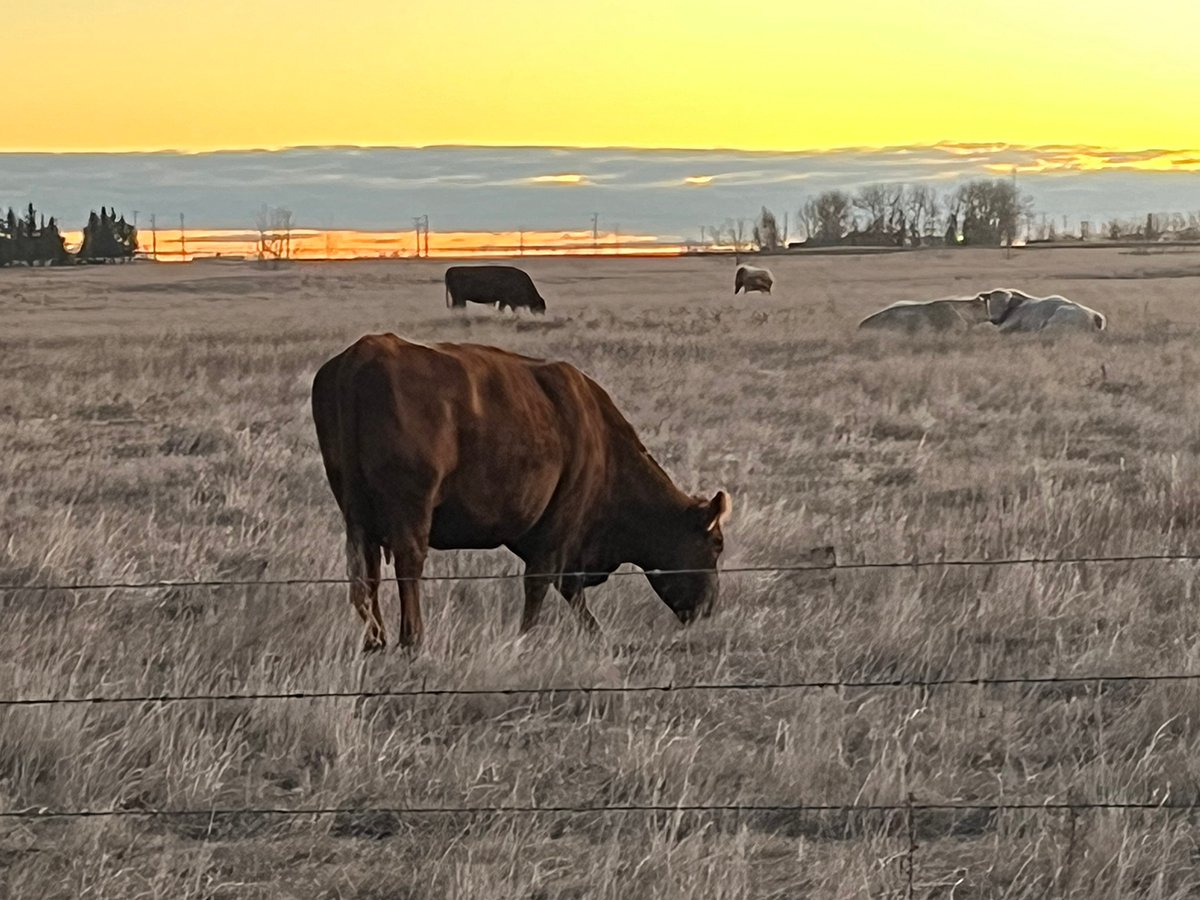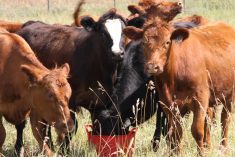CALGARY — An American weather specialist says climate change is caused by volcanic eruptions — not carbon dioxide emissions into the atmosphere.
Paul Handler, of the University of Illinois, also said the El Nino effect is caused by volcanic activity.
He blames much of the extreme weather conditions experienced around the world these last two years on the explosion of Mount Pinatubo in the Philippines two years ago and Mexico’s El Chichon in 1986.
Sunlight moves the trade winds and when volcanic ash blocks the sun, the winds are weakened. Consequently the ocean surface doesn’t move as much and the water around the equator remains warm, leading to the El Nino effect. Handler says every El Nino in the last 125 years was preceded by a major eruption.
Read Also

Animal protection delivery to change in Saskatchewan
The Saskatchewan government is looking for a new agency to handle animal welfare after Animal Protection Services of Saskatchewan decided not to renew its contract next year.
Solar activity and volcanoes have the greatest effect on the global climate. Drought occurs when there is little solar activity and no eruptions, he said.
Volcanoes send sulphur dioxide and other debris into the stratosphere, creating a band around the earth. Not only does this cause red sunsets, it upsets the weather, said Handler.
A volcanic eruption that only sends gas into the air is just as damaging as one with lava and ash. Either way, sunlight can’t penetrate this band easily, so the weather becomes cooler.
Traced to volcanoes
To back his theories Handler said recent tests on ice sheets in Greenland show there have been more volcanoes in the past than previously thought. Studies revealed layers of ash deposited on the ice fields over the last century. Alternating layers of residue and ice can be traced to show volcanic activity that correlates with extreme changes in weather patterns, he said.
Handler predicts the American midwest will be dry as the effects of the last El Nino wear off but he thinks the border states and Canadian west will have more normal weather this year compared to the last two.















